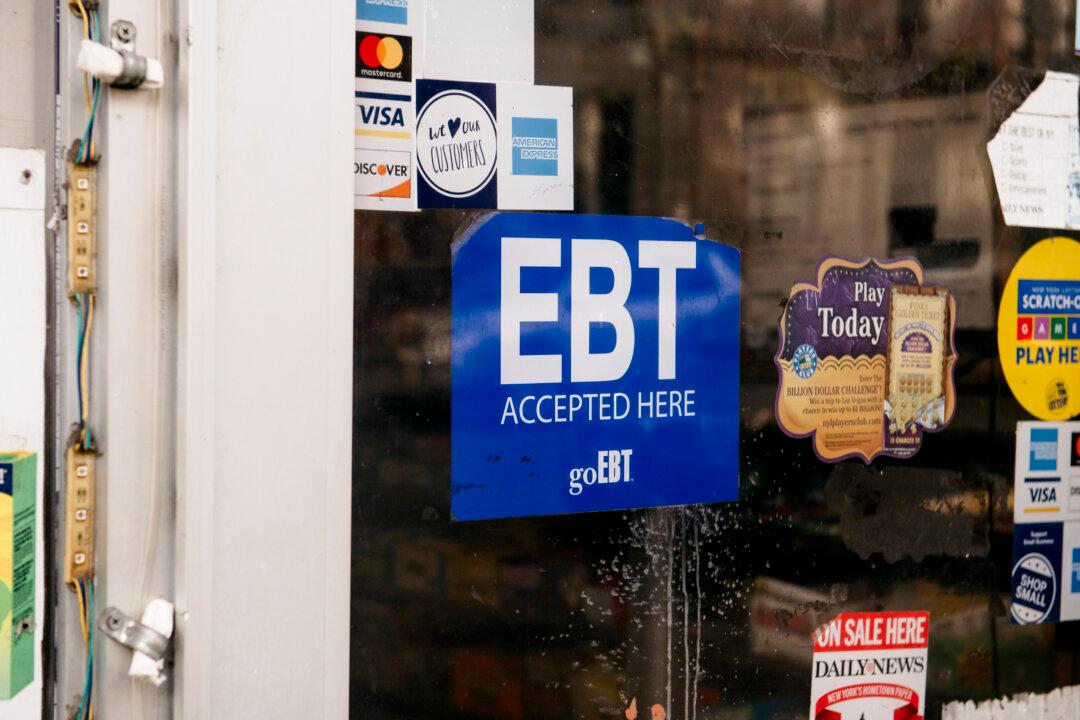Arkansas and Indiana each submitted waivers on April 15 seeking federal approval to remove soft drinks and candy from the Supplemental Nutrition Assistance Program (SNAP), commonly known as food stamps.
Arkansas Gov. Sarah Huckabee Sanders and Indiana Gov. Mike Braun—both Republicans—made the announcements separately, but both framed the efforts as the first steps in broader reforms to reduce chronic disease and improve the use of taxpayer funds in federal food assistance programs.





